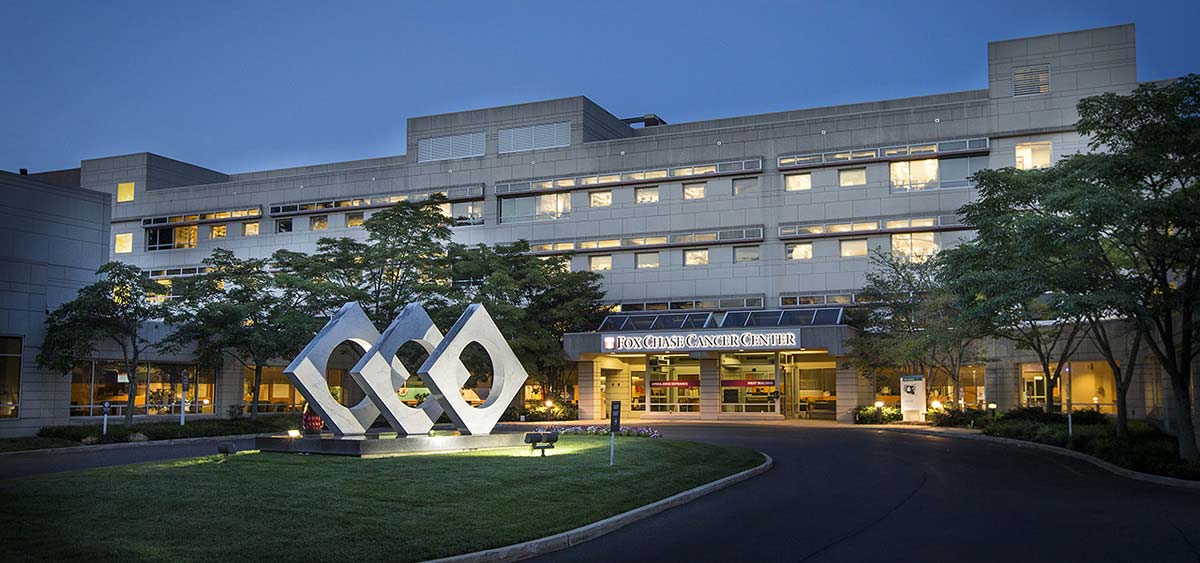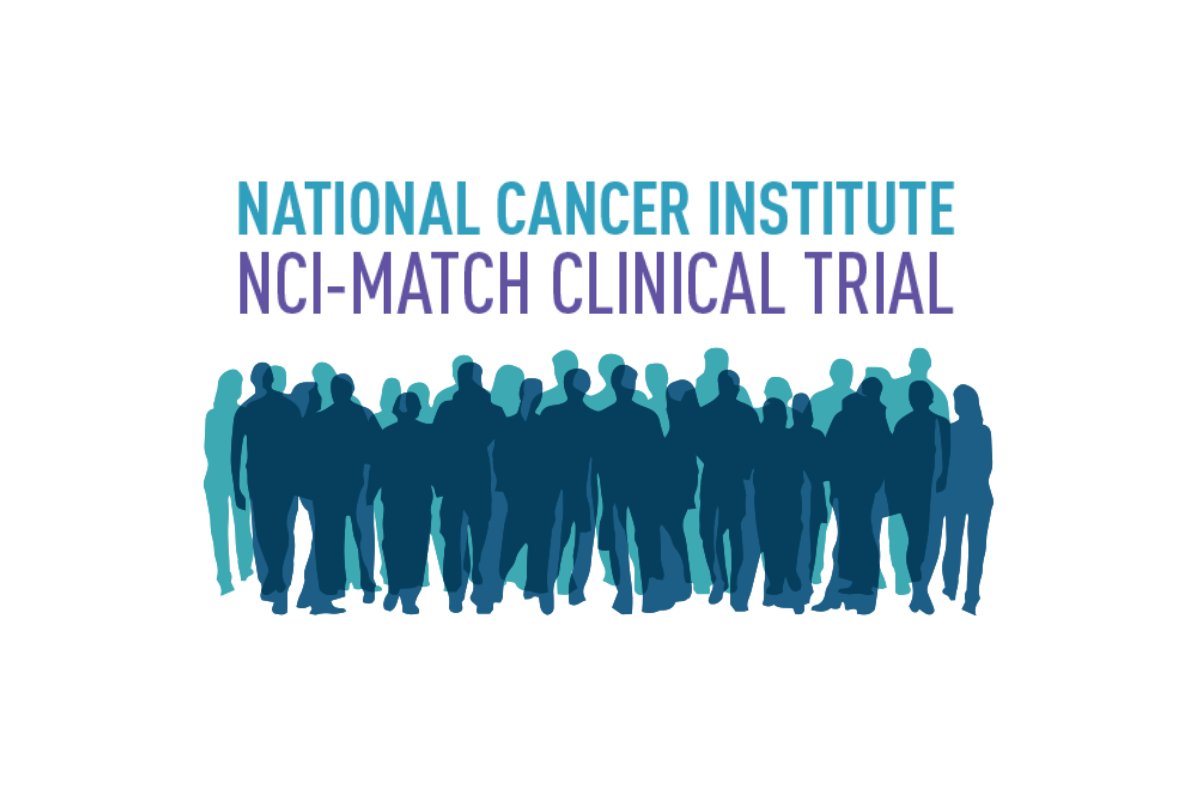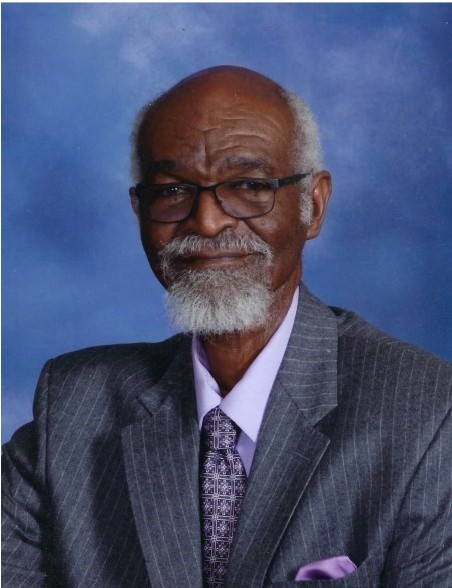
Institution Spotlight: Fox Chase Cancer Center
January 14, 2020
NCI-MATCH (EAY131) Trial Update
January 13, 2020Late Effects of Cancer


A Conversation with Gerald Green
Member, EA Cancer Research Advocates Committee
Gerald Green (pictured) was diagnosed with tongue cancer in 1995 when he was in his mid-forties. Physicians did not expect him to live beyond 50. Today, nearly 25 years later, he has survived two additional cancer diagnoses (neck cancer in 1997 and prostate cancer in 2008) and serves as an active member of ECOG-ACRIN's Cancer Research Advocates Committee.
Stories like Gerald's are becoming more common - a fact worth celebrating. Yet, as people begin living longer after cancer treatment, they are experiencing side effects they did not anticipate; symptoms and conditions that do not appear until months or years after treatment ends. These long-term side effects, or late effects, can greatly affect a person's quality of life. Managing them successfully is an essential component of survivorship care.
"We need to stop talking about 5-year and 10-year survival," Gerald explained. "People are now living 15, 20, even 25 years past their diagnosis, which is great, but they're not the same people they were when they were first treated."
Over the years, Gerald encountered a variety of late effects. He noticed changes to the sound of his voice, likely caused by radiation to his vocal cords. Radiation also affected his teeth, resulting in the loss of several of them, and the inability to receive implants. His throat is constricted, so he has to eat small portions - though fortunately, he does not have trouble swallowing like many head and neck cancer survivors. Additionally, Gerald has neuropathy in his mouth and lips, which causes burning and tingling sensations. Medication helps with his neuropathy, but it is unlikely the condition will improve.
"I knew there would be side effects from the radiation," Gerald said, "but every year, as life progressed for me, things changed."
The EA Cancer Research Advocates Committee (CRAC) is now working to bring awareness to this important survivorship issue, and has established a Late Effects of Cancer Working Group. The working group was formed after several members of the CRAC discovered they had a similar experience: upon hitting the 5-year survival mark, they transitioned from their oncologist back to their primary care provider - who knew very little about the late effects of cancer or how to treat them. Several projects are currently underway, including a late effects webinar series for NCI Community Oncology Research Program (NCORP) site staff.
The primary goal of the Late Effects Working Group is to support the development of studies that contribute to the understanding of the late effects of cancer and its treatment. Two such studies are featured in this issue, both recently activated. EA2182/DECREASE has several secondary endpoints, including determining the incidence and predictors for cardiovascular toxicity in patients receiving chemoradiation for anal cancer; EAZ171 aims to address the issue of neuropathy in African American women with breast cancer. As knowledge and awareness of late effects improves, so too may quality of life for survivors.
![ECOG-ACRIN logo[19516]275×75](https://blog-ecog-acrin.org/wp-content/uploads/2021/03/ECOG-ACRIN-logo19516275x75.png)
